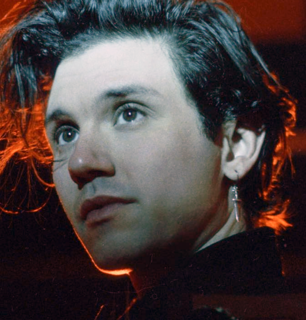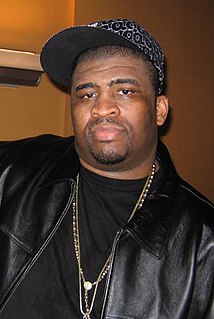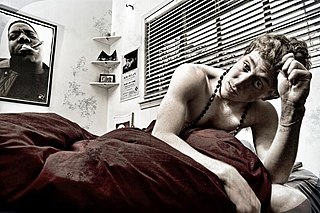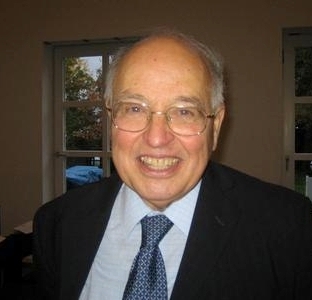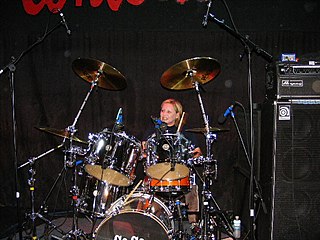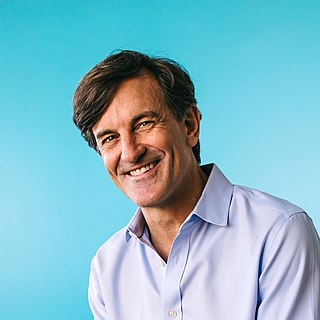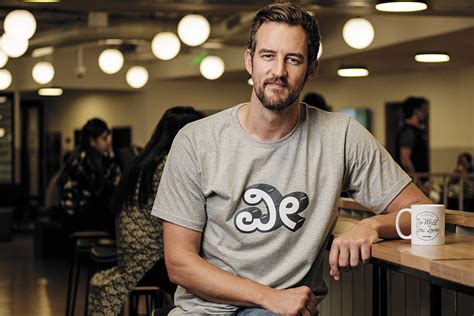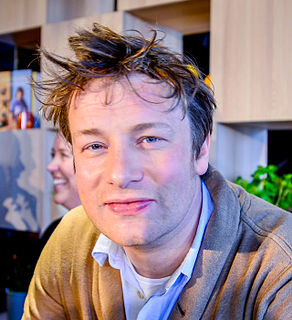A Quote by Itzhak Perlman
I find personally that when I go to a place where I can't get in, I feel hostility from whatever it is, a hotel, a shop, a market, a street corner where there are no curb cuts, because somebody forgot to put them in, and where I have to go two blocks to the corner to do it. A lot of the excuses are, "Well, this is an old building." That's my favorite one. "This is an old building." It's as though 50 years ago, people with disabilities did not exist. As if the disabled are a new problem. It has always been a problem.
Quote Topics
Always
Because
Been
Blocks
Building
Corner
Curb
Cuts
Did
Disabled
Excuses
Exist
Favorite
Feel
Find
Forgot
Get
Go
Hostility
Hotel
Lot
Market
My Favorite
New
Old
People
People With Disabilities
Personally
Place
Problem
Put
Shop
Somebody
Street
Street Corner
Them
Though
Two
Well
Whatever
Years
Years Ago
Related Quotes
An old market had stood there until I'd been about six years old, when the authorities had renamed it the Olde Market, destroyed it, and built a new market devoted to selling T-shirts and other objects with pictures of the old market. Meanwhile, the people who had operated the little stalls in the old market had gone elsewhere and set up a thing on the edge of town that was now called the New Market even though it was actually the old market.
François Mitterrand was a student of architecture, he had done a lot of research before he called me. He said, "You did something special at the National Gallery of Art in Washington - you brought the new and the old together." But John Russell Pope finished the West Building in 1941, so when the East Building opened it was only about 40 years old. But the Louvre is 800 years old! A much bigger design challenge.
That was how a Salomon bond trader thought: He forgot whatever it was that he wanted to do for a minute and put his finger on the pulse of the market. If the market felt fidgety, if people were scared or desperate, he herded them like sheep into a corner, then made them pay for their uncertainty. He sat on the market until it puked gold coins. Then he worried about what he wanted to do.
The thing about new things is you feel new when you buy them, you feel as though you are somebody different because you own something different. We are our possessions, you know. There are people who get addicted to buying new stuff. Things. Piles and piles of things. But the new things become old things so quickly. We need new things to replace the old things.
If you attack a mathematical problem directly, very often you come to a dead end, nothing you do seems to work and you feel that if only you could peer round the corner there might be an easy solution. There is nothing like having somebody else beside you, because he can usually peer round the corner.
Fair Trade is a market-based, entrepreneurial response to business as usual: it helps third-word farmers developing direct market access as well as the organizational and management capacity to add value to their products and take them directly to the global market. Direct trade, a fair price, access to capital and local capacity-building, which are the core strategies of this model, have been successfully building farmers' incomes and self-reliance for more than 50 years.
It is hard to let old beliefs go. They are familiar. We are comfortable with them and have spent years building systems and developing habits that depend on them. Like a man who has worn eyeglasses so long that he forgets he has them on, we forget that the world looks to us the way it does because we have become used to seeing it that way through a particular set of lenses. Today, however, we need new lenses. And we need to throw the old ones away.
Look, I'm 41 with a six-year-old son, and even though I live in a building with a million kids, he doesn't have one friend there because there's no context for making that happen. I think there's a huge market for a connected building where I could broadcast to other parents that I want to set up a playdate for my child.
I'm going to show you the real New York - witty, smart, and international - like any metropolis. Tell me this: where in Europe can you find old Hungary, old Russia, old France, old Italy? In Europe you're trying to copy America, you're almost American. But here you'll find Europeans who immigrated a hundred years ago - and we haven't spoiled them. Oh, Gio! You must see why I love New York. Because the whole world's in New York.




